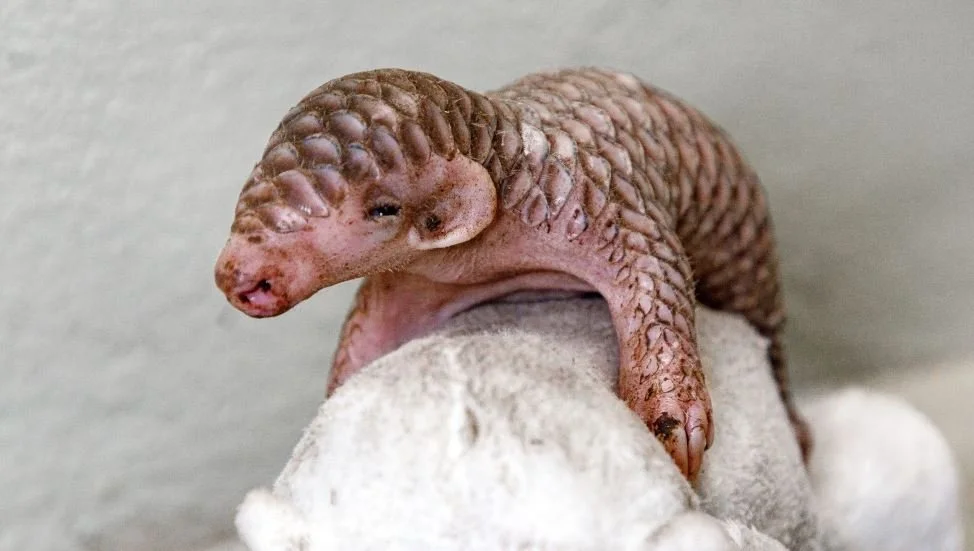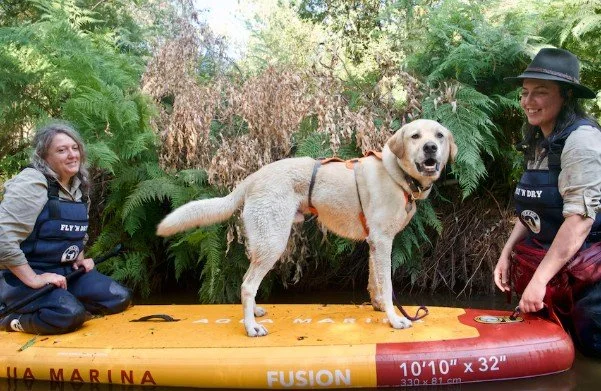If You Love a Pangolin, You Have to Let It Go
A man discovers purpose when he helps rescue a baby pangolin in South Africa. Their story, told in the Netflix documentary Pangolin: Kulu’s Journey, is both soothing and difficult as the volunteer conservationist grows a deep emotional attachment to his vulnerable friend.
When Kulu is saved from poachers in a sting operation he is underweight and skittish. He’s brought to the Lapalala Wilderness reserve, where he needs months of constant care until he is able to survive on his own. That becomes the round-the-clock job for Gareth Thomas, a former poker player turned pangolin-rescue volunteer.
Kulu’s Journey is directed by Pippa Ehrlich, who yanked similar heartstrings with her 2020 documentary My Octopus Teacher. Both films bring us up close to unusual creatures in the wild, but are as much about human nature and interspecies relationships as they are about the animals themselves.
Pangolins have been on earth for 80 million years, but now they might be a decade or two away from extinction since they are prized for their scales, which are (falsely) believed to have medicinal properties. All eight species of pangolin are listed as threatened by the IUCN, while three are classified as critically endangered.
It’s somewhat surprising that the creature has coexisted with humans for this long. They are easy to catch – slow moving, docile, and their one defensive move is to curl up in a ball – and they are the most trafficked animal in the world. About 100,000 of them are killed every year and sold in China and Vietnam for both their scales and meat, considered a delicacy in some circles.
Thomas cares for his young charge – foraging for ants together, dodging predators, snuggling like a doting parent with child – for almost a year, before Kulu is healthy enough to brave the wild on his own. “There’s got to be a point where you let go,” Thomas says when the time comes. And so he does; it’s all very sentimental but never maudlin.
Photo credit: Netflix








